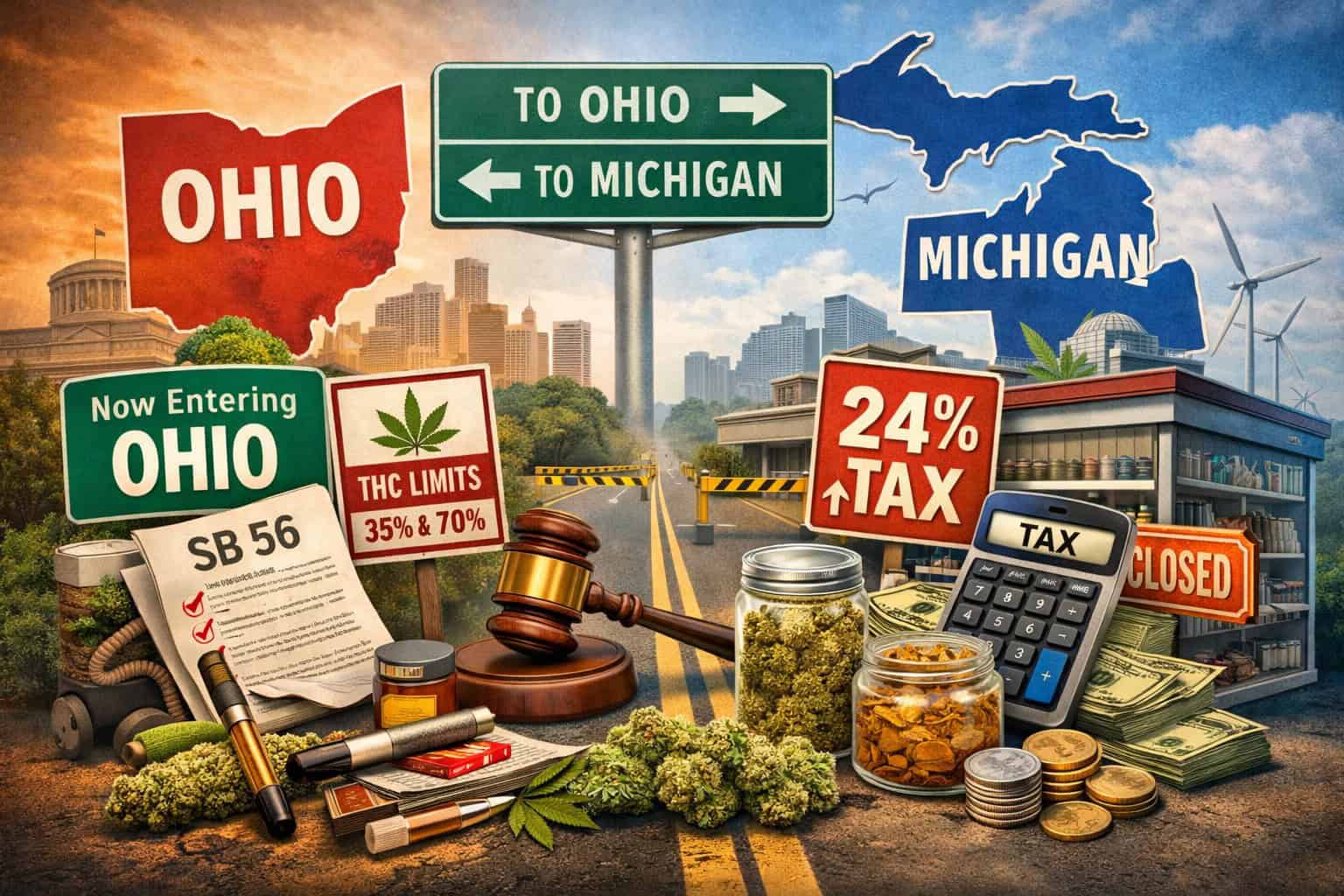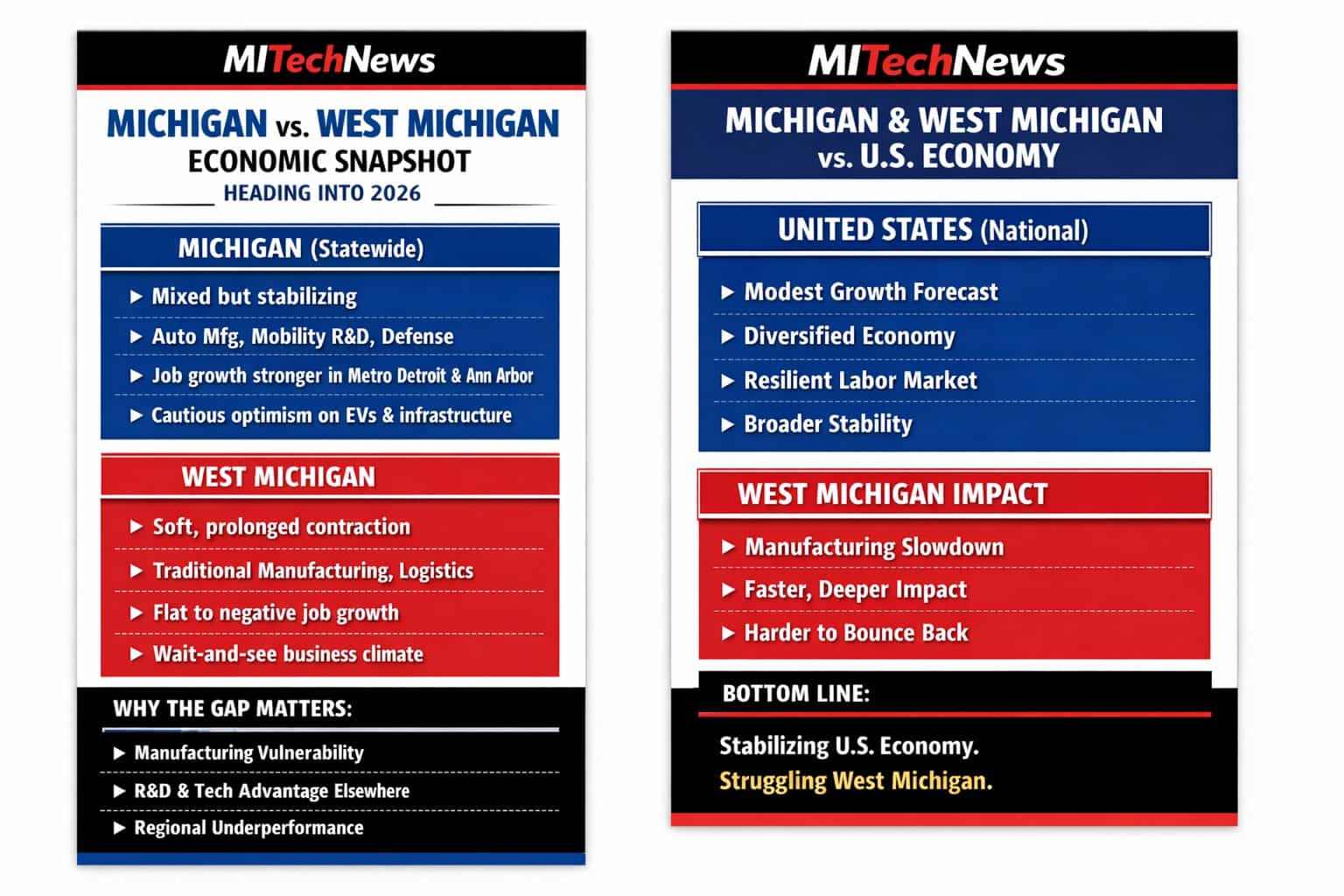ANN ARBOR – Consumer sentiment continued to slowly fall in the July survey, although the overall level still remains quite favorable, according to the University of Michigan Surveys of Consumers.
The small decline amounted to 5.1 Index-points below the January peak, which was the highest figure in a dozen years, said economist Richard Curtin, director of the surveys. The decline was tempered by the most favorable evaluations of consumers’ current finances in a decade. Consumers, however, were less optimistic about future prospects for the overall economy and their own personal finances.
Although the falloff in favorable economic expectations has already been significant, it would only be worrisome if it continued at the same pace during the second half of 2017, according to Curtin. Even with an improved second quarter, personal consumption spending is expected to advance during 2017 by about 2.4 percent
“Consumers’ judgments about current economic conditions were based on the performance of the economy, but their views of future economic prospects were highly influenced by partisanship,” Curtin said. “The difference on the Expectations Index between Democrats and Republicans was 45 Index-points (63.7 versus 108.7).
“Among Independents, in contrast, the Expectations Index was exactly equal to the weighted difference between the partisan extremes (80.5). The partisan gap has narrowed in the past six months, mostly due to Republicans tempering their optimism, while Democrats have maintained their pessimistic views.”
Personal Finances Reach Decade Peak
The highest number of consumers reported an improved financial situation in both the June and July surveys than any other time since November of 2000. The financial strength was due to gains in incomes as well as gains in household wealth driven by rising stock prices and home values. Despite these gains, consumers became even more apprehensive about whether those gains would continue during the year ahead.
More Cautious Buyers
Favorable vehicle buying attitudes fell to the lowest level in six months. Among households with incomes in the top third, who account for the majority of new vehicle purchases, favorable vehicle buying fell to its lowest level in three years. Gas price expectations fell to their lowest levels in a decade, which will continue to favor light truck sales. Non-home owners among the millennial generation (ages 18 to 34) reported significantly less favorable home buying plans from May to July of 2017 than in the first four months of 2017.
Consumer Sentiment Index
The Consumer Sentiment Index was 93.4 in July 2017, between the 95.1 in June and last July’s 90.0. The Current Conditions Index was 113.4 in July, although up slightly from last month’s 112.5, it reached the highest level since 116.9 was recorded in November 2000. The Expectations Index fell to 80.5, from 83.9 in June and the peak of 90.3 in January 2017, but remained above last July’s 77.8.
The Surveys of Consumers is a rotating panel survey based on a nationally representative sample that gives each household in the coterminous U.S. an equal probability of being selected. Interviews are conducted throughout the month by telephone. The minimum monthly change required for significance at the 95-percent level in the Sentiment Index is 4.8 points; for Current and Expectations Indices the minimum is 6 points.







